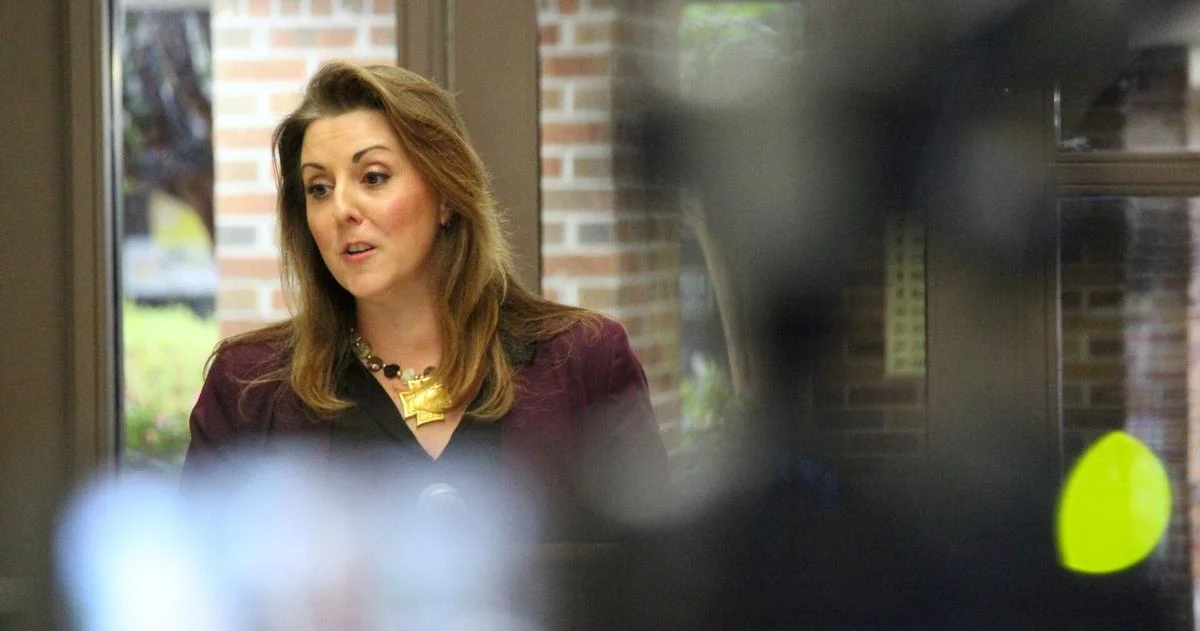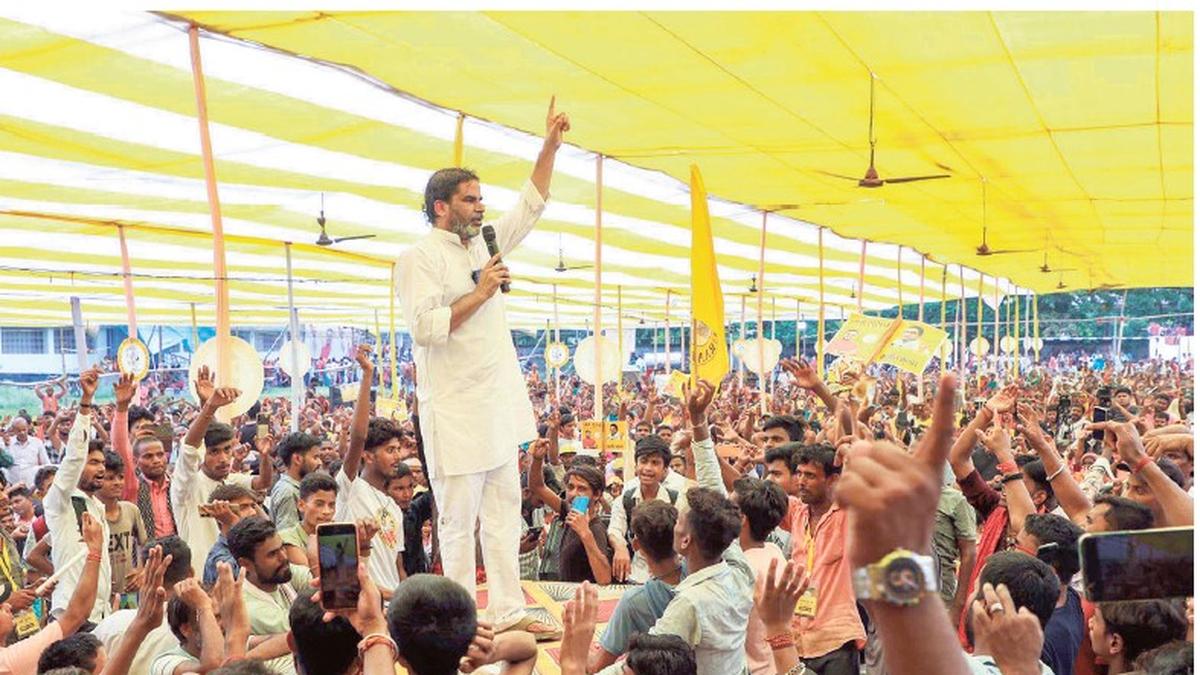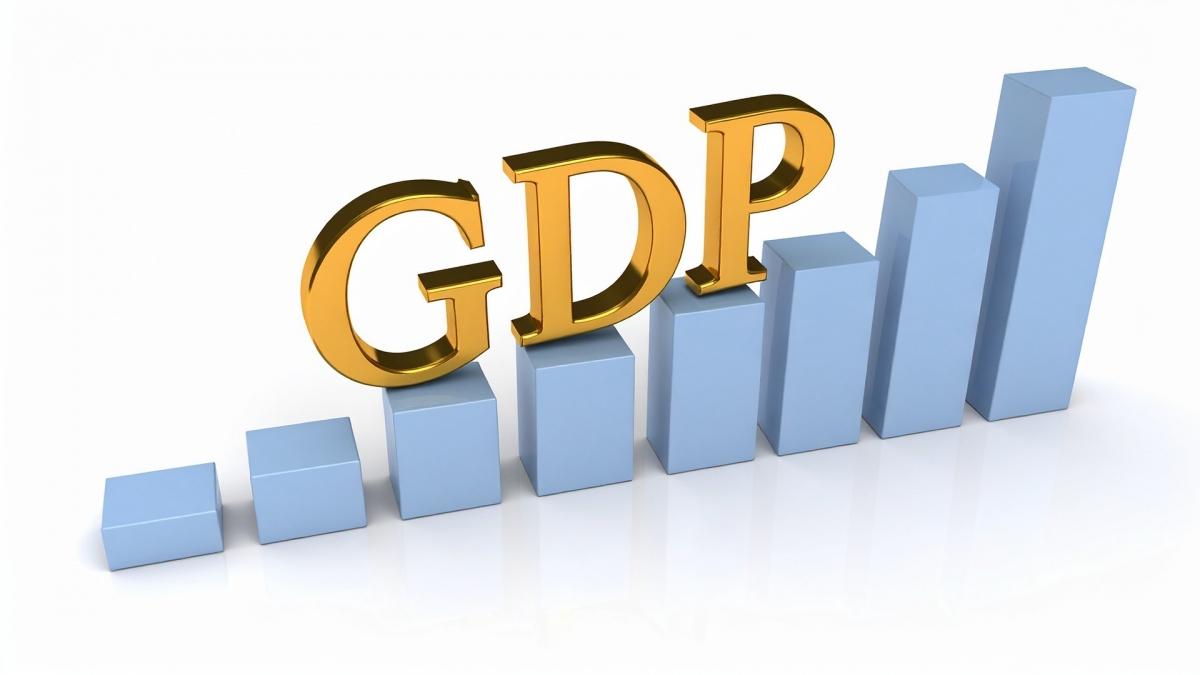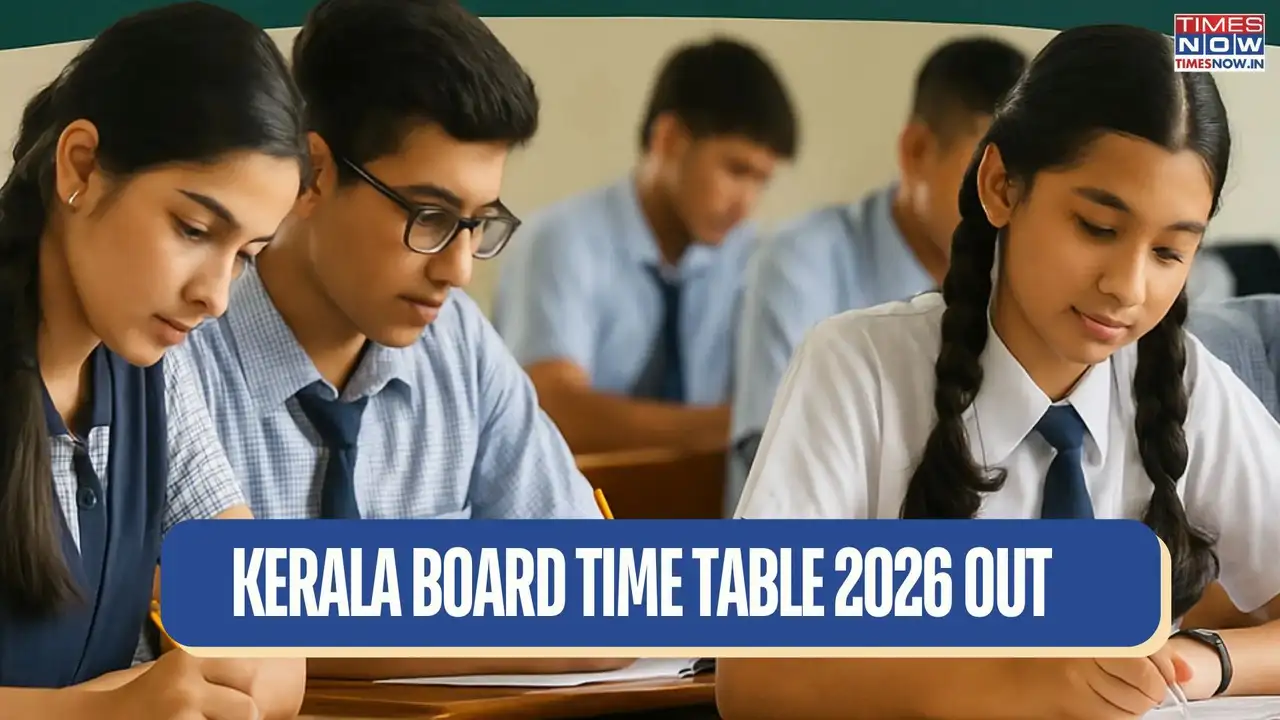Copyright Charleston Post and Courier

COLUMBIA — Over $2.5 million of extra pay is set to land in more than 400 South Carolina teachers’ wallets as money starts flowing from the state’s newly-expanded performance pay program. Educators from 37 schools across the state will see the cash this year based on their students’ academic growth last school year, through the state-funded pilot meant to boost student learning and keep good teachers in the classroom. The average individual award was $6,300, according to the S.C. Department of Education, with the highest-earning teacher getting $33,500. Most of the participating schools base the bonuses on growth in students’ standardized test scores, either the end-of-year SC READY exams or mid-year assessments, though some districts are experimenting with their own models. Basing the bonuses on student improvement, rather than overall achievement, is meant to account for differences between schools, where some students are farther ahead than others. At Seven Oaks Elementary School near Columbia, educators including first grade teacher Jennifer Clyburn got a combined $141,500 in bonuses — the most in the state — which staff attributed to the faculty’s collaborative spirit and student-focused approach. “They inspire us every single day, and truly deserve to be celebrated,” Principal Angie Slatton said of her school’s students and teacher during an Oct. 27 announcement event. Clyburn is going to put part of her $12,500 check back into her classroom, she said, and use the rest to do some renovations on her home. The money comes from $5 million appropriated to the Education Department by the state legislature in last year’s state budget, which expanded the program beyond a smaller version that had been in place in the two rural districts that the state controls. Any remaining money from that pot will roll over to next year’s bonuses, joining another $5 million appropriated by legislators in the spring as the department plans to expand the number of eligible schools and teachers, according to a spokesman. But State Superintendent of Education Ellen Weaver has bigger plans. She’ll request a third round of $5 million next year, to study the program’s impact for a full three years and determine how best to make it a bigger, permanent part of the state’s teacher pay system. “The goal of this is to thank our teachers, to support them for the great work they do, and then to keep them in the classroom,” Weaver said. The state’s program is based on the Excellence in Teaching Awards funded by philanthropists Ben and Kelly Navarro, which was first rolled out in their Meeting Street Academy schools and now includes Title I schools across Charleston County. That effort just awarded over 500 teachers a combined $4.6 million. South Carolina teachers are currently paid based on their education and years of experience, with the state setting minimum salaries each year, which local districts frequently exceeded. The legislature has steadily raised those base wages in recent years, and is on track to hit Gov. Henry McMaster’s goal of a $50,000 minimum salary by next year. Weaver sees a permanent performance-based program as “one strategy in a toolkit,” she said, not a replacement for the current across-the-board raises that she wants to continue. But before the program goes big time, some are expressing qualms. Tying the bonuses to standardized tests risks being “excessively narrow,” and cuts out teachers in subjects that don’t have any such testing, such as music or art, said Patrick Kelly, a Columbia-area high school teacher and lobbyist for the Palmetto State Teachers Association. “A performance-based system needs to be something that every educator has the opportunity to participate in, because every educator plays a role in the achievement of South Carolina students, regardless of whether they’re in a state-tested subject or not,” he said. As an alternate model, Kelly points to the “career ladder” proposal included in the recommendations from the state’s 2023 teacher recruitment and retention task force, of which he was a member. That system would use annual teacher evaluations to give teachers opportunities for increased leadership and bonus pay without making them go into administrative jobs. He also suggests using salary incentives to make it more lucrative to work in areas that particularly need teachers, such as rural districts or special education classrooms, as a way to more strategically pay teachers without basing it on performance. The state had 239 vacant special education jobs at the start of the last school year, about a fifth of schools’ total vacancies, according to a report from the state Center for Educator Recruitment, Retention and Advancement. But legislators’ biggest priority on the teacher pay front should be hitting the $50,000 minimum salary mark, Kelly said.



